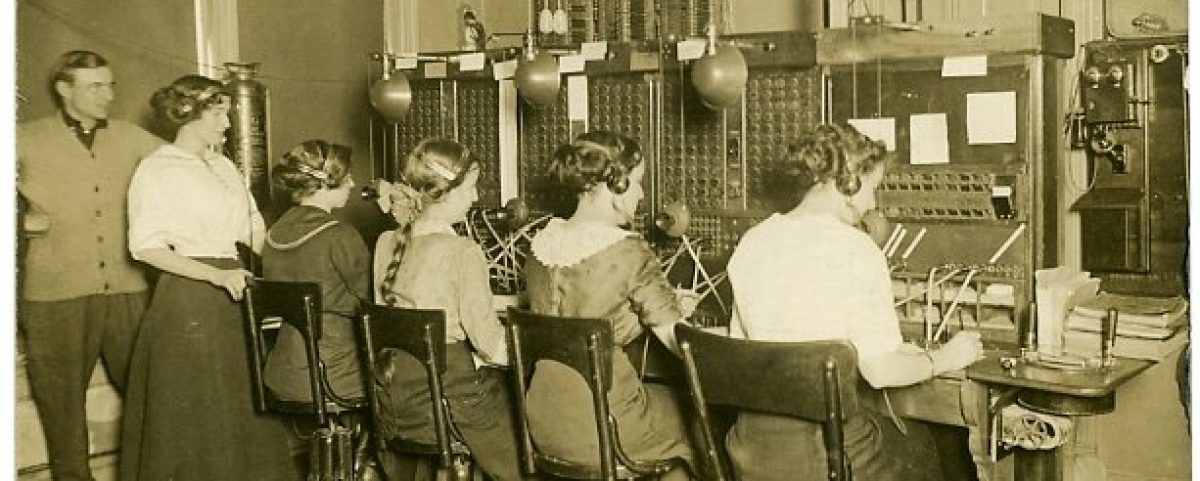For nearly a decade, I have provided some very popular lectures sponsored by the Delaware Humanities Forum and I have had rewarding experiences conducting these programs. Every few years the organization updates it catalog and I was informed yesterday that they are going to offer a few new humanities topics that I have developed. The details will be up on their web site soon so visit www.dhf.org and look under the speaker’s bureau for details.
The programs are
- Duck and Cover: Remembering the Days of Fallout Shelters, Conalrad, and Sputnik — This program examines Civil Defense from World War II to the time when planning for survival of an all out nuclear attack started fading into the past. Opening with an examination of World War II era blackout drills, plane spotter stations, and air raid wardens, the program quickly moves to the era where the stakes became higher, the nuclear age. This was a time when air raid sirens wailed out signaling practice drills, Conalrad interrupted radio programs, government officials planned for the worst, and people contemplated building family fallout shelters . Vintage audio and video footage, such as Bert the Turtle telling schoolchildren to duck and cover, helps engage the audience in the program.
- The Mason Dixon Line: The Stories Behind a Geographic Boundary — Born as the result of a bitter territorial dispute over royal land grants, the Mason-Dixon Line was surveyed between 1763 and 1767 to settle the boundaries for Pennsylvania and Maryland. After 1820, when the Missouri Compromise created political conditions which made the line important to the history of slavery, it became associated with the division between the free and slave states. Today the line is still seen by many as a symbolic dividing line for regional attitudes and customs. This program explores the story of the line, which runs through our land and our history, along with the perceptions that have developed about the boundary
- Oral History — This program shows audiences how to do effective oral histories and collect the memories of a lifetime.
